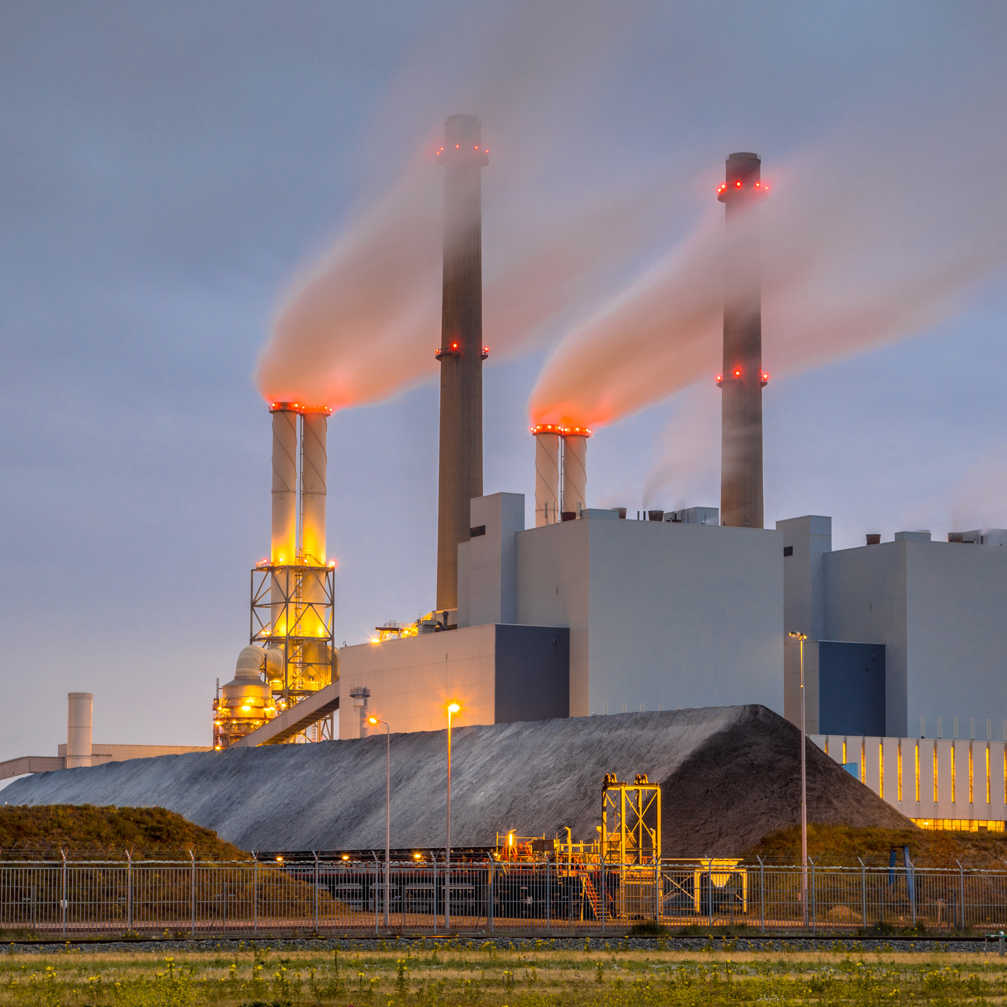Türkiye Emissions Trading System (Türkiye ETS)
Regulatory Readiness, Market Access, and Strategic Positioning
The Türkiye Emissions Trading System (Türkiye ETS) is Türkiye’s flagship carbon pricing instrument — designed to align national climate ambition with global carbon market practices while protecting the competitiveness of its industry under mechanisms like the EU Carbon Border Adjustment Mechanism (CBAM).
As Türkiye prepares to launch its ETS, regulated companies and market participants must position themselves early: building internal capacity, developing emissions reduction strategies, and preparing to engage in Turkish Emission Allowance (TEA) trading.
At Climate Balanced, we offer regulatory insights, capacity-building services, and market support to help companies lead in Türkiye’s emerging carbon market.

Understanding ETS: A Global Mechanism for Cost-Effective Decarbonization
An Emissions Trading System (ETS) — also known as cap-and-trade — is a market-based mechanism where governments set a cap on total GHG emissions and allocate or auction emission allowances to covered entities. Companies must hold allowances equivalent to their verified emissions or face penalties, creating a financial incentive to reduce emissions efficiently.
Key ETS Terms:
Cap: The maximum emissions allowed under the system
Allowance: A permit to emit one tonne of CO₂ equivalent (tCO₂e)
Allocation: Distribution of allowances — free or through auction
Trading: Market exchange of allowances between participants
Compliance: Submission of allowances matching actual emissions
As of 2024, according to the World Bank:
38 ETSs are in force worldwide, covering over 17% of global GHG emissions
Major markets include the EU ETS, California Cap-and-Trade, China’s national ETS, Korea ETS, and several subnational programs
ETSs have proven effective in combining emissions reductions with cost containment, policy predictability, and market innovation.

Türkiye’s ETS Journey: From PMR to Market Launch
Phase I: Partnership for Market Readiness (PMR)
From 2014 to 2021, Türkiye implemented the PMR Program in partnership with the World Bank, laying the technical and institutional groundwork for a domestic ETS. The program included:
- Pilot MRV regulation (Monitoring, Reporting, Verification)
- Sector-level emissions data collection
- ETS design simulations and legal frameworks
- Stakeholder consultations across key industries (energy, cement, steel, etc.)
Phase II: Partnership for Market Implementation (PMI)
Building on PMR, Türkiye launched the PMI Program, which is currently underway to:
- Finalize ETS design options and cap-setting mechanisms
- Define allocation rules and trading procedures
- Develop the TEA registry infrastructure
- Build regulatory capacity and industry readiness
- Design policy linkages with EU CBAM and voluntary carbon markets
The Ministry of Environment, Urbanization and Climate Change (MoEUCC) is expected to formally announce Türkiye ETS regulations in the coming legislative cycle, with a compliance phase targeting large emitters in sectors already covered under Türkiye’s national MRV system.

Türkiye ETS & CBAM: Strategic Climate Risk Management
The EU Carbon Border Adjustment Mechanism (CBAM) will impose a carbon price on imports from non-EU countries starting in 2026, directly affecting Turkish exports in sectors such as:
- Cement
- Iron & steel
- Aluminum
- Fertilizers
- Electricity
- Hydrogen
Establishing a functioning domestic ETS is Türkiye’s most critical instrument to:
- Avoid double carbon taxation by aligning with EU carbon pricing
- Preserve industrial competitiveness and trade flows
- Retain carbon revenues domestically, rather than transferring them to the EU
- Ensure long-term export viability for high-emission sectors

How We Help?
Support for Regulated Companies
If your company will soon fall under Türkiye ETS compliance, we help you:
- Understand your emissions liability and benchmarking
- Set up internal monitoring and trading systems
- Design allowance management and reduction strategies
- Prepare for allowance surrender, reporting, and audit obligations
- ETS readiness starts now. Early movers can reduce cost and exposure.
Capacity Building & Training
We offer tailored Türkiye ETS training programs for:
- Industry associations
- Sector representatives
- Facility managers
- Corporate ESG teams
Topics include:
- ETS fundamentals and terminology
- Allocation and cap management
- Registry operations and trading rules
- Linkages with CBAM and voluntary markets
- Build in-house carbon market literacy to stay ahead of regulation.
Market Strategy Development
We help companies:
- Analyze cost impacts under different allowance price scenarios
- Model compliance and abatement strategies
- Evaluate participation in both spot and forward TEA markets
- Design internal carbon pricing and shadow pricing systems
- Turn compliance into opportunity with a proactive TEA strategy.
4. Buy and Sell Turkish Emission Allowances (TEAs)
As Türkiye's ETS becomes operational, Climate Balanced will facilitate the trading of Turkish Emission Allowances (TEAs) across sectors and registries.
We help:
- Allowance holders (regulated companies or traders) monetize excess TEAs
- Buyers secure allowances to cover projected emissions
Whether you want to hedge, trade, or comply — we help you navigate the TEA market.

Who Should Work With Us?
- Industrial emitters (cement, energy, metals, etc.) preparing for regulation
- ESG and sustainability teams building internal carbon pricing and compliance plans
- Industry associations seeking to train members and advocate for fair market rules
- Public and private buyers or holders of TEAs
- Exporters exposed to CBAM risks and looking to leverage Türkiye ETS compliance

Get Ready for Türkiye’s Carbon Market
Whether you're preparing for compliance, building internal capacity, or exploring TEA trading — we’re your trusted partner for navigating Türkiye’s evolving ETS landscape.
Contact our Türkiye ETS Desk: trading@climatebalanced.com
Request a readiness consultation or training proposal: